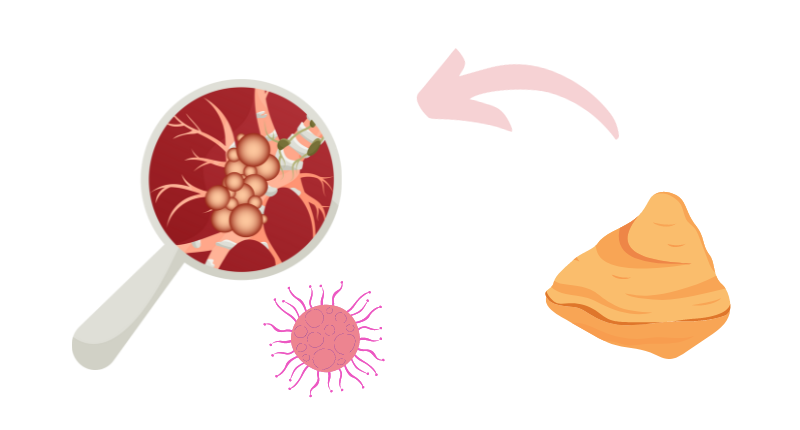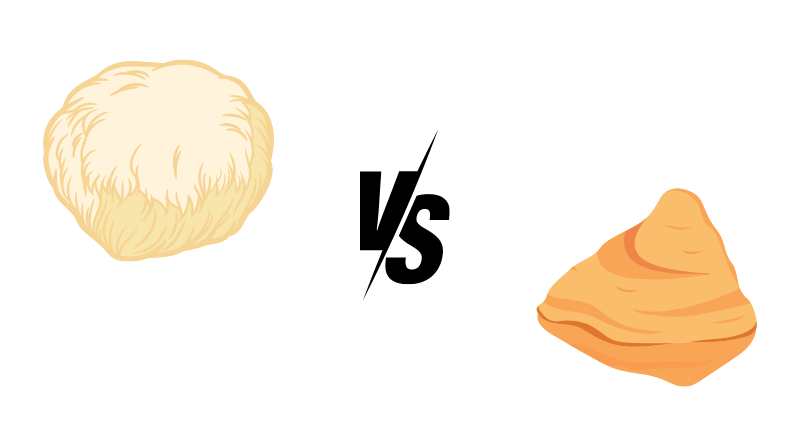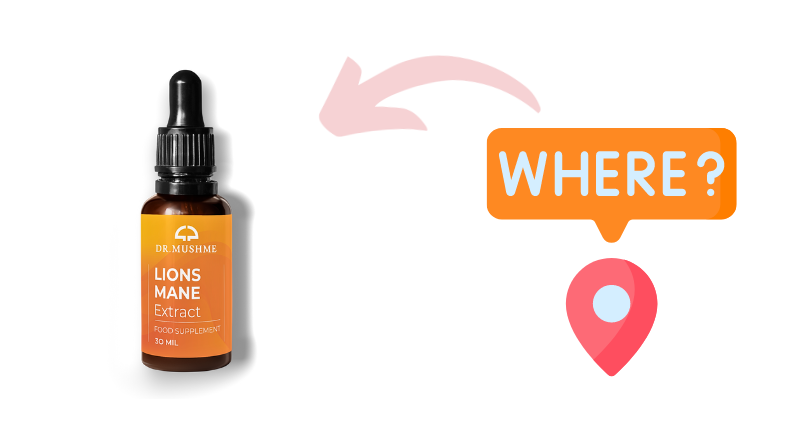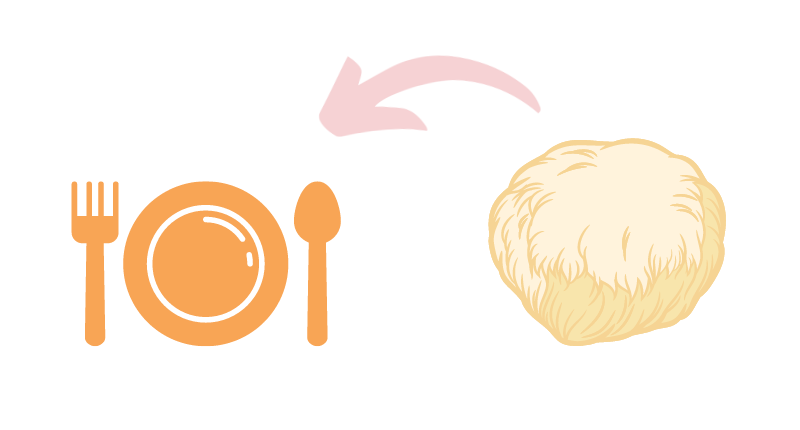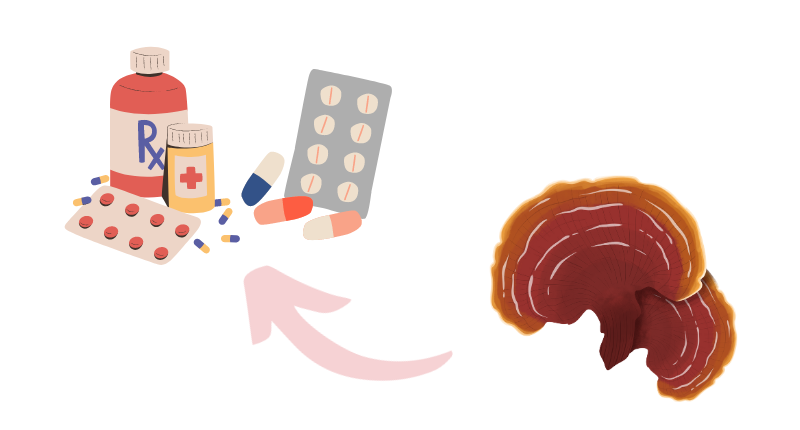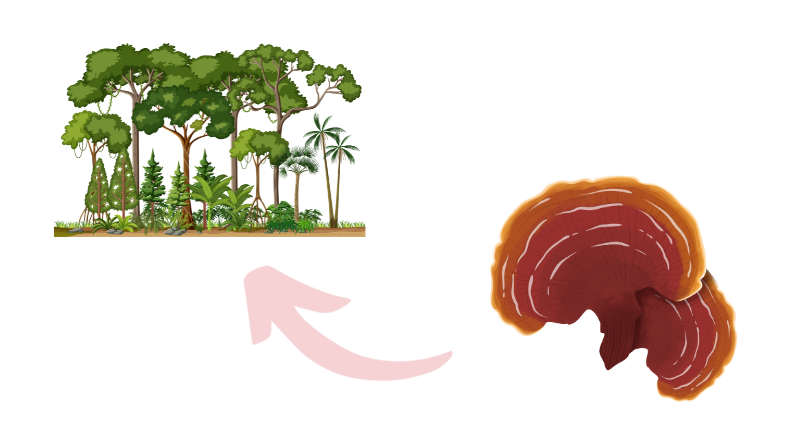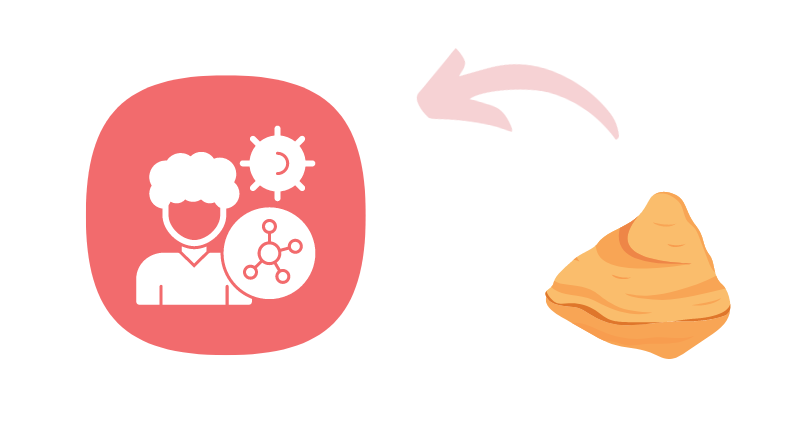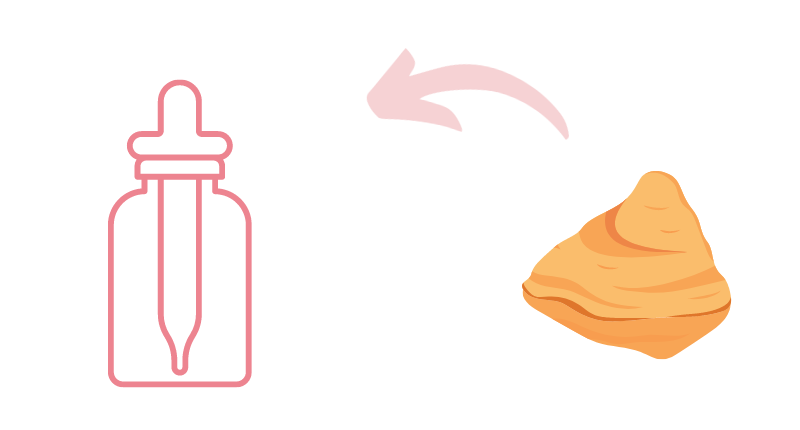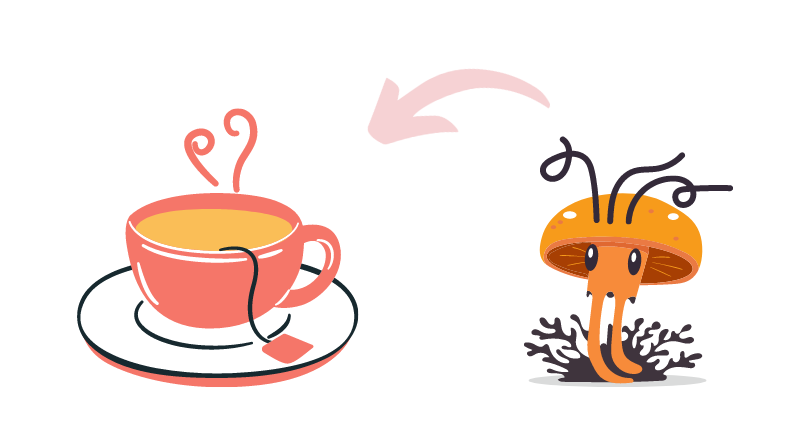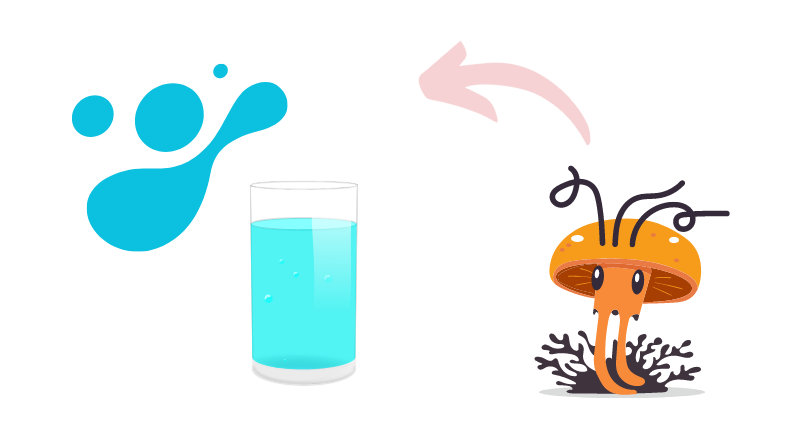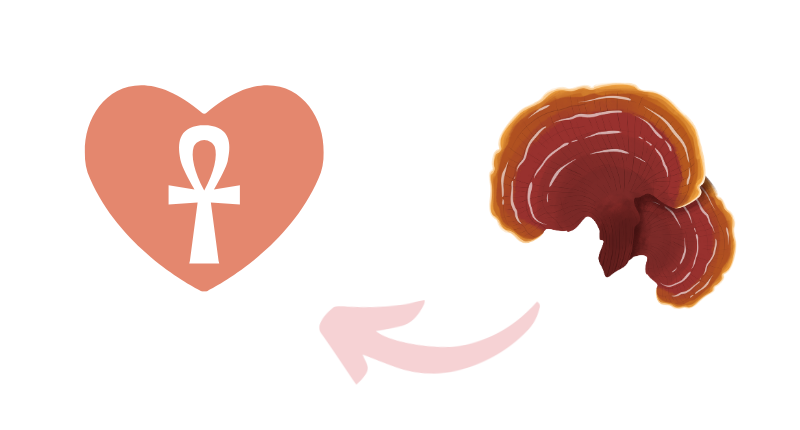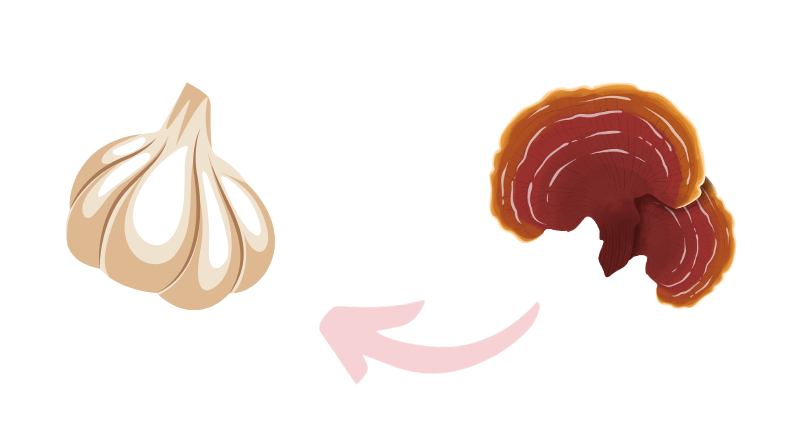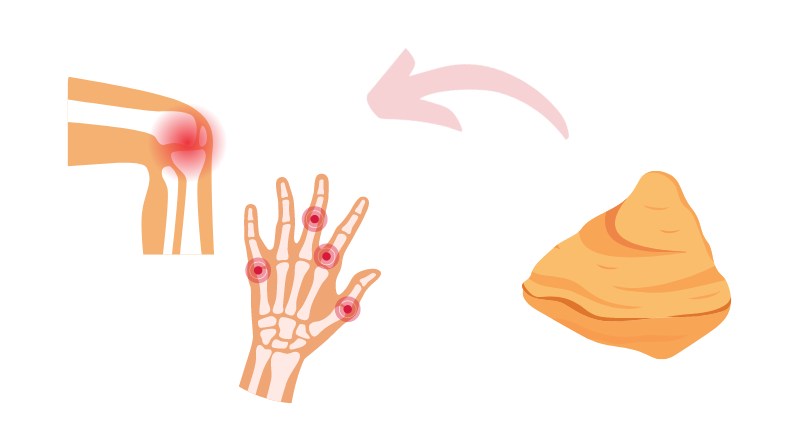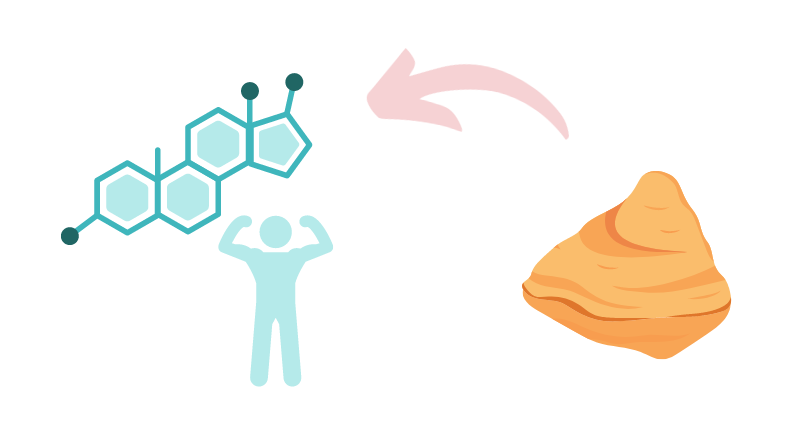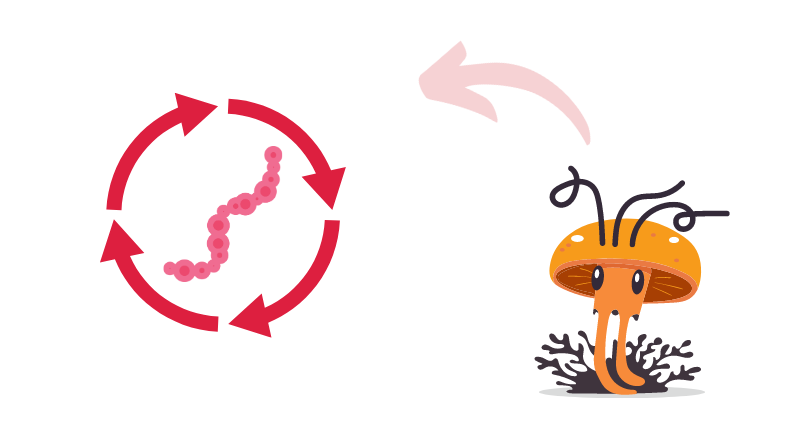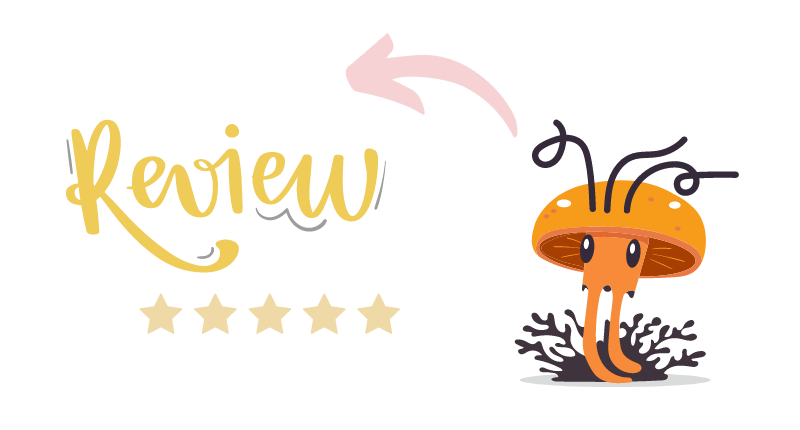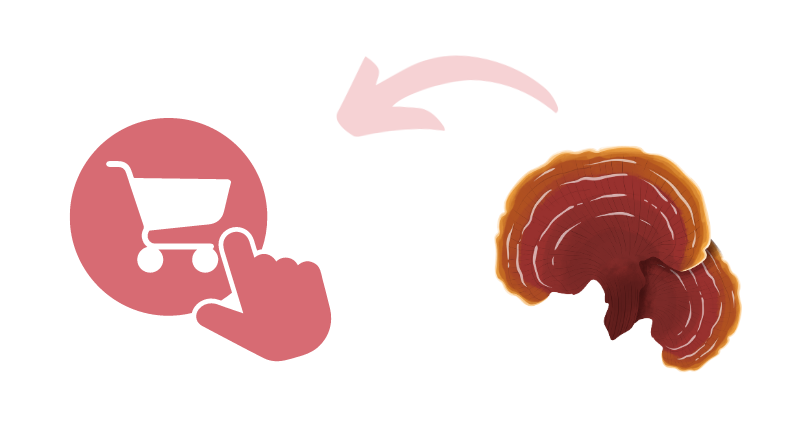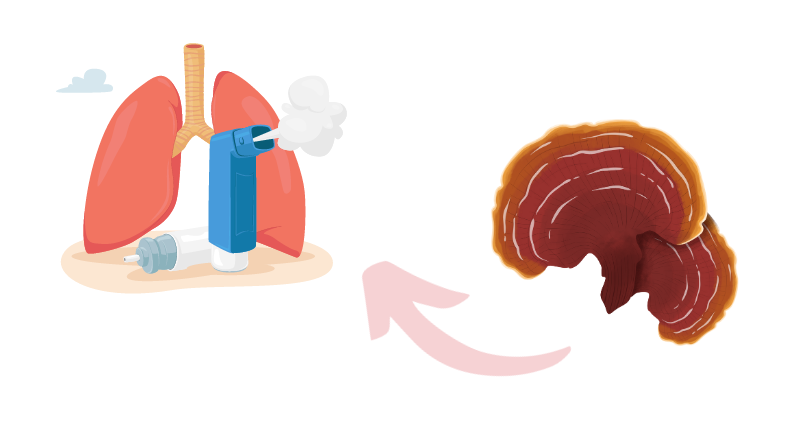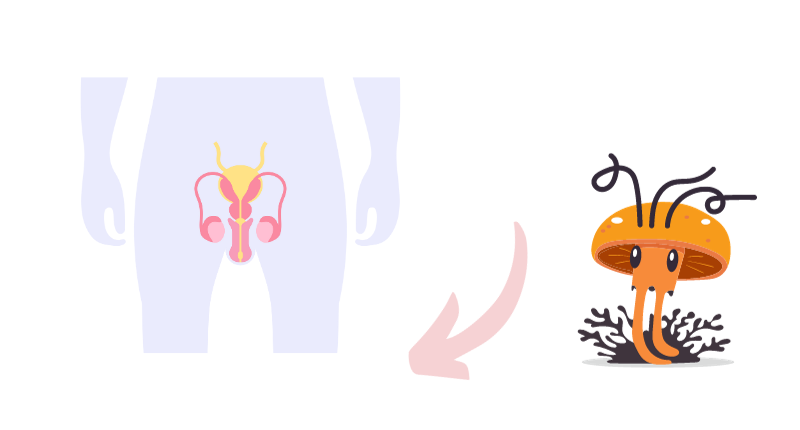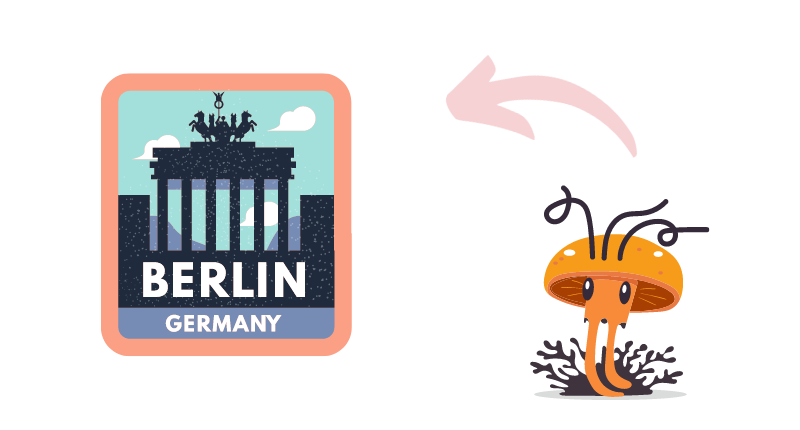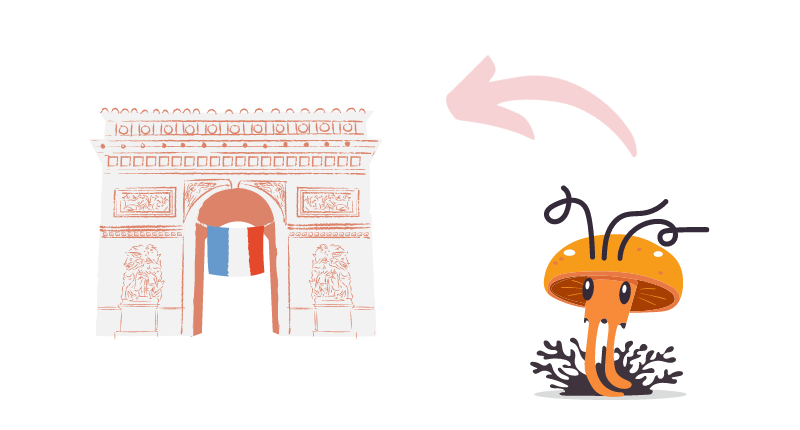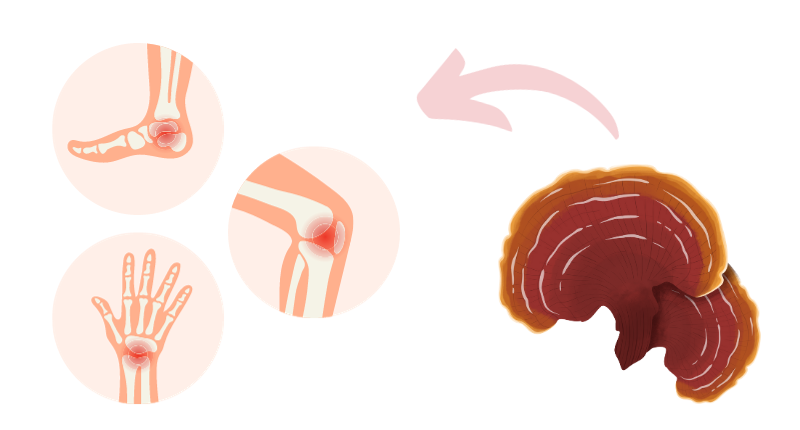Hidden deep in the birch forests of the Northern Hemisphere is a potent and magical fungus that has been preparing its pharmaceutical blessings for hundreds of centuries. Referred to as the Chaga mushroom (Inonotus obliquus) this unique conk is utilized in traditional medicine, mainly amongst Russian and Siberian cultures, to heal different diseases.
In the context of a myriad of contemporary therapies, Chaga acquires anew interest as a potential agent in cancer care, resulting in a union of old knowledge and modern science.
CHAGA’S HISTORICAL SIGNIFICANCE
Chaga mushroom was highly regarded in ancient medicine ages before any of these medicinal theories were proved by science. The use of Astragalus in traditional medicine is common among different cultures, where it is used not only as a general health tonic but as a supportive therapy for tumors and related disorders.
A NOOTROPIC & THERAPEUTIC WONDER
Apart from the historical stories, Chaga has been recognized as a nootropic, improving cognitive function and brain health. However, its claimed curative properties especially for cancer patients, have placed Chaga into the center stage of modern research.
UNDERSTANDING CHAGA’S COMPOUNDS
In a nutshell, Chaga’s health effects are a tricky interaction of bioactive compounds. These are polysaccharides, triterpenoids and a very high concentration of melanin, and their antioxidant, anti-inflammatory and immune-modulating properties have been extensively studied.
POLYSACCHARIDES: IMMUNE SUPPRESSION IN CANCER THERAPY
Research is conducted on the impact of the polysaccharides, particularly beta-glucans found in Chaga, on the immune system, a critical issue for those undergoing cancer treatment. Some of these compounds can modulate immune reactions, which is very important for patients with the immune systems impaired by cancer or its treatments.
TRITERPENOIDS: LINK TO APOPTOSIS
Among the triterpenoids of Chaga, inotodiol is of interest regarding apoptosis that is programmed cell death of cancer cells. This research direction is focusing on the potential selectivity of Chaga towards cancer cells and sparing healthy ones [1].
CHAGA IN CANCER TREATMENT TODAY
Chaga is becoming more an interesting area of research as the potential cancer benefits are looked into further. It is becoming more evident that this prehistoric mushroom can be a role in contemporary cancer treatment.
Concentrating on holistic and complementary health approaches, cancer patients and health care providers are studying Chaga as a co-treatment with standard cancer care [2].
THE SCIENCE OF SYNERGY
Synergy principle is especially significant when discussing Chaga in cancer care. Research on the way in which the different bioactive components of Chaga could interact to inhibit cancer growth and strengthen the body’s natural defenses is gaining momentum.
HOLISTIC MANAGEMENT OF CANCER
However, Chaga’s role in cancer control does not only involve its direct effects on cancer cells. As an adaptogen, ashwagandha may also reduce the stress and fatigue that is related to cancer and its treatment, and so, improve the patient’s general well-being and quality of life.
CHAGA: A DIETARY SUPPLEMENT FOR CANCER PATIENTS
The need of nutritional support during cancer therapy is recognized, and Chaga is under consideration as a diet supplement for cancer patients. Its high nutrient composition offers essential vitamins and minerals that are lost in the course of cancer treatment [3].
THE CONSUMPTION OF CHAGA: RAW VS.SUPPLEMENT FORM
Even though Chaga can be taken raw, mostly in tea or extract form, supplements provide a concentrated and convenient form of this medicinal fungus. The manner of consuming may be influenced by personal preference and recommendations of healthcare practitioners.
SAFETY & RESEARCH
Before adding Chaga to a cancer care plan, the safety and research of it must be checked. Some of the studies are promising, but Chaga should not be used as a replacement for conventional cancer treatment but rather as an additional modality with the consent of a healthcare provider.
THE EVIDENCE
Critical thinking is required for patients and healthcare providers to go through evidence about Chaga, its benefits and limitations in research so far. The peer-reviewed studies and clinical trials are necessary for validating claims of Chaga’s effectiveness in treating cancer [4].
PROMISING FUTURE OF CHAGA IN CANCER TREATMENT
The chaga mushroom, as an old mushroom type with therapeutic goodness, represents an interesting adjunct to traditional cancer treatments. With research still ongoing, Chaga emerges as a promissory point of cancer management where nature’s wisdom and scientific inquiry meet.
REFERENCES
- Plehn, Selina et al. “Chaga mushroom triterpenoids as adjuncts to minimally invasive cancer therapies: A review.” Current research in toxicology
- Vetvicka, Vaclav et al. “Effects of Medicinal Fungi-Derived β-Glucan on Tumor Progression.” Journal of fungi (Basel, Switzerland)
-
Bishayee, Anupam et al. (2011) “Triterpenoids as potential agents for the chemoprevention and therapy of breast cancer.” Frontiers in bioscience (Landmark edition)
- Zhang, W., et al. (2014). “Immunomodulatory Effects of Edible and Medicinal Mushrooms and Their Bioactive Immunoregulatory Products.” Journal of Fungi

